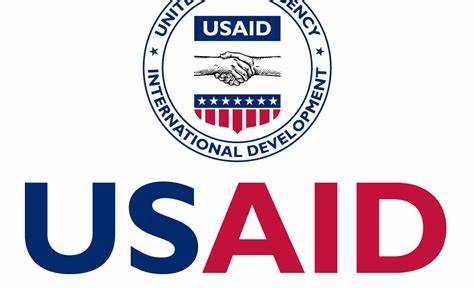In a significant milestone, the United States Agency for International Development (USAID) has successfully concluded its “Feed the Future Nigeria Agribusiness Investment activity.” Over a span of five years, this initiative played a pivotal role in mobilizing $244 million in agricultural investments targeting Micro, Small, and Medium-scale enterprises (MSMEs) in Nigeria.
The program extended its support to more than 18,000 MSMEs, spread across seven Nigerian states, including Benue, Cross River, Delta, Ebonyi, Kaduna, Kebbi, and Niger. These small businesses, often the lifeblood of local economies, experienced a substantial transformation in their operations.
One of the key impacts of this capital injection into the agricultural sector was the enhanced access to financial resources for MSMEs, fostering their operational growth and overall development.
The success of this initiative can be credited to the collaborative efforts of multiple stakeholders, including USAID, the Nigerian government, federal and state ministries dedicated to agriculture and food security, and the private sector. Together, they pooled their resources to boost agricultural productivity, expand market opportunities, raise nutritional standards, and simplify financial resource accessibility.
Read Also:
- Enugu One Of Best States For MSMEs – Osinbajo
- Osinbajo: FG Will Continue To Support Innovative Ideas
- What God Does To Those That Feed People Richer Than Them
Michelle Corzine, the Director of the USAID/Nigeria Economic Growth and Environment Office, emphasized the importance of ongoing cooperation between the public and private sectors in sustaining the positive momentum in the agricultural sector. She highlighted the remarkable improvements witnessed in the sector and underscored the need for continued collaboration to create an even more conducive business environment for Nigeria’s farmers.
Nigeria’s economy heavily relies on agriculture, with nearly 35% of its workforce engaged in this sector. Agriculture also contributes approximately 23.69% to the country’s Gross Domestic Product (GDP), making it one of the largest contributors to Nigeria’s economic output.
Despite its significance, the agricultural sector faces challenges such as high operational costs, limited financial access, and regulatory complexities. The Agribusiness Investment activity has empowered MSMEs, with a specific focus on food production. Key agricultural sectors, including aquaculture, cowpea, maize, rice, and soybean, have all experienced significant growth, marking a positive step toward enhancing food security and economic development in Nigeria.
Follow us on Facebook
Post Disclaimer
The opinions, beliefs and viewpoints expressed by the author and forum participants on this website do not necessarily reflect the opinions, beliefs and viewpoints of Anaedo Online or official policies of the Anaedo Online.

